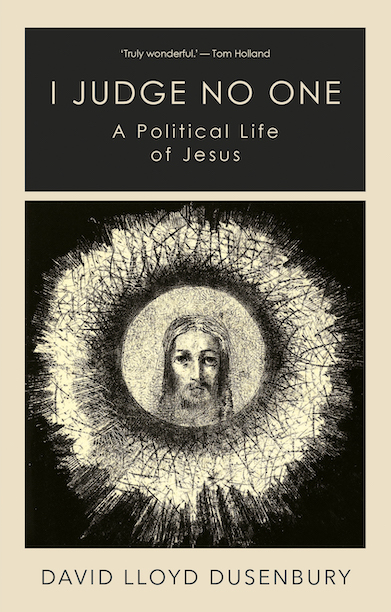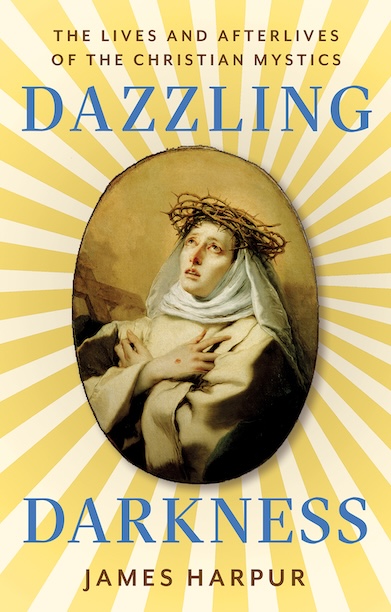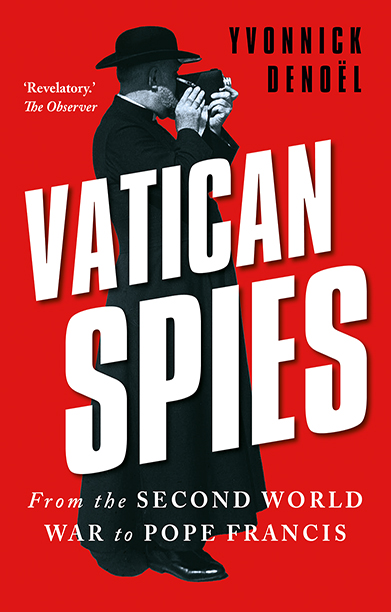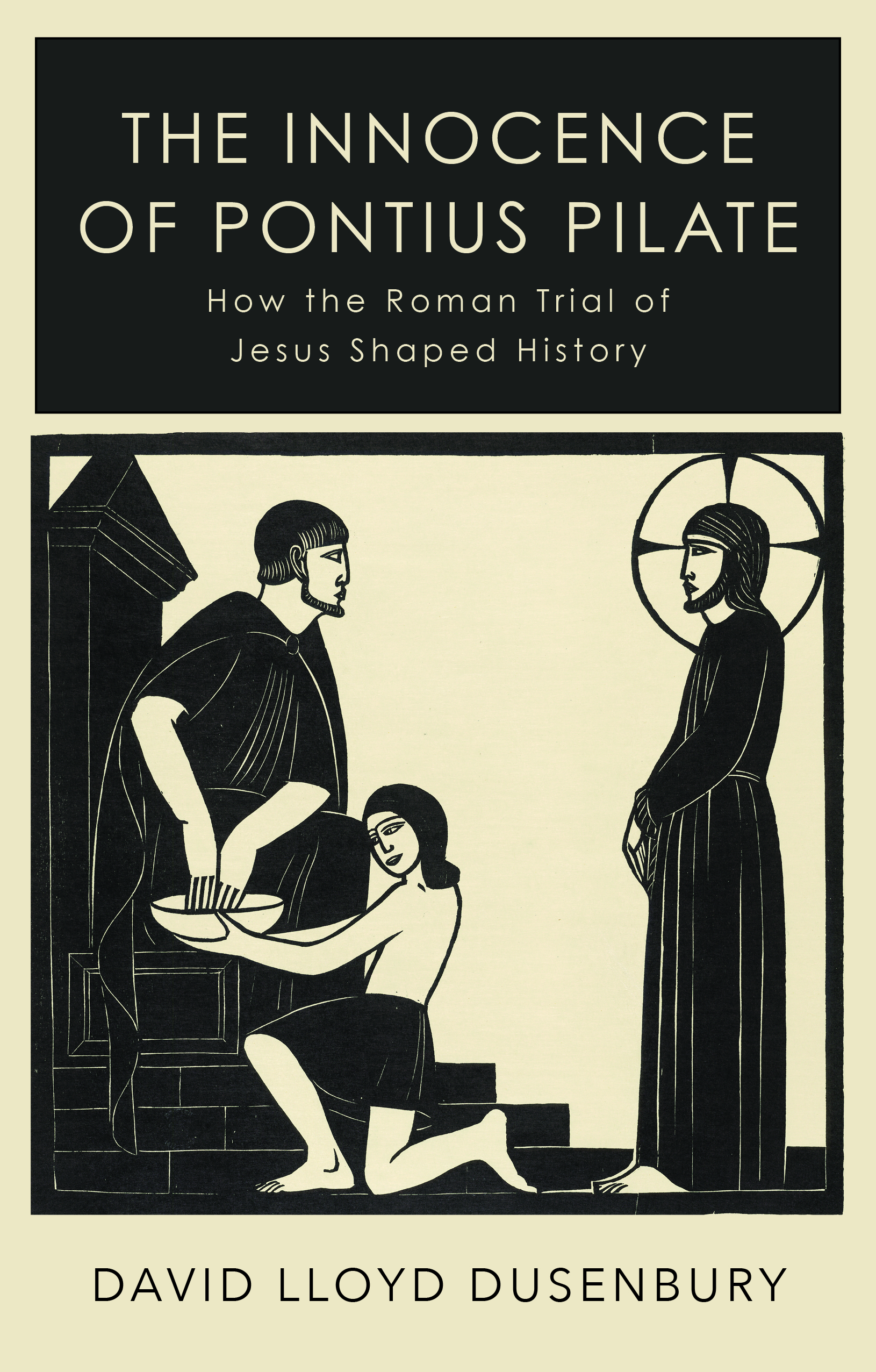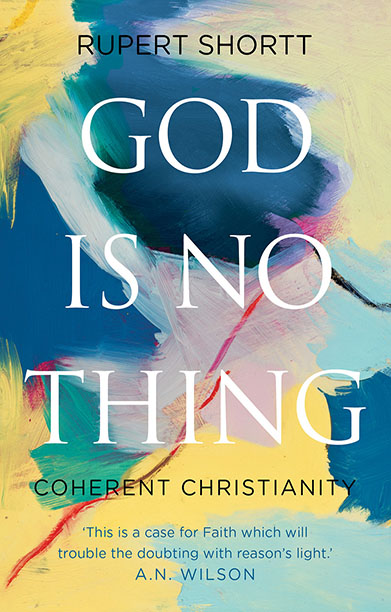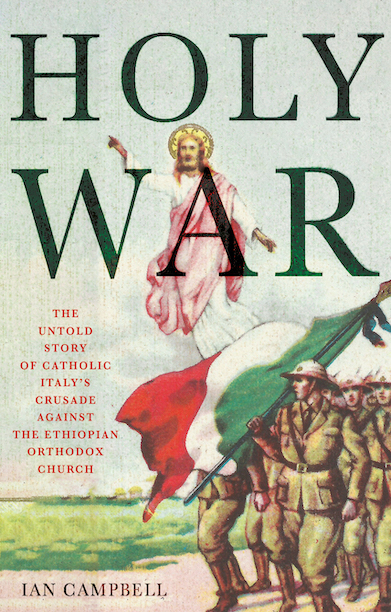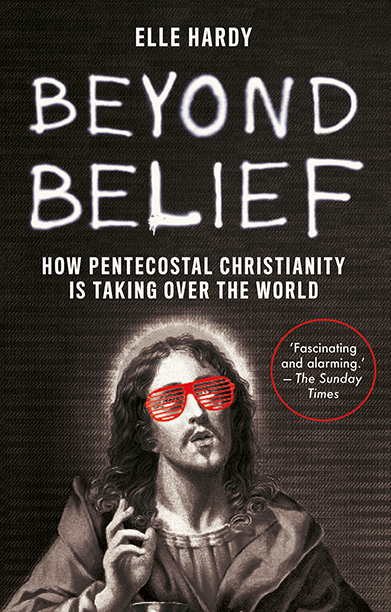I Judge No One
A Political Life of Jesus
How can the narratives of the gospels, and their interpretation through the centuries, explain the highly political death of a deeply spiritual figure?
Description
Why was Jesus, who said ‘I judge no one’, put to death for a political crime? Of course, this is a historical question—but it is not only historical. Jesus’s life became a philosophical theme in the first centuries of our era, when ‘pagan’ and Christian philosophers clashed over the meaning of his sayings and the significance of his death. Modern philosophers, too, such as Immanuel Kant and Friedrich Nietzsche, have tried to retrace the arc of Jesus’s life and death.
I Judge No One is a philosophical reading of the four memoirs, or ‘gospels’, that were fashioned by early Christ-believers and collected in the New Testament. It offers original ways of seeing a deeply enigmatic figure who calls himself the Son of Man.
David Lloyd Dusenbury suggests that Jesus offered his contemporaries a scandalous double claim. First, that human judgements are pervasive and deceptive; and second, that even divine laws can only be fulfilled in the human experience of love. Though his life led inexorably to a grim political death, what Jesus’s sayings revealed—and still reveal—is that our highest desires lie beyond the political.
Reviews
‘[A] learned and engaging book …. Dusenbury has done another fine job of animating a story that, despite slipping to our cultural margins, retains the power to shock and challenge us today.’ — The Spectator
‘Dusenbury, like Spinoza, Nietzsche and Kant, considers Jesus to have been an ethical revolutionary. The author’s breadth and depth of scholarly research is impressive … He handles the lack of ‘real dissonance’ between the gospels by seeking ‘deep structure’.’ — Morning Star
‘A pathbreaking and meticulous reading of the Gospels.’ — The European Conservative
‘Immensely erudite… [A] vital read.’ — Church Times
‘Dusenbury’s argument is both fluent and thought-provoking… he skilfully draws the Jesus of history and the Christ of faith closer together.’ — Catholic Herald
‘Powerful.’ — Journal of Law and Religion
‘Inimitably brilliant. I can’t think of a book that has made the gospels seem as fresh and strange to me as this one does. A truly wonderful fusion of history, theology and philosophy that I can imagine Borges admiring.’ — Tom Holland, presenter of BBC Radio 4’s Making History, and author of Rubicon: The Triumph and the Tragedy of the Roman Republic
‘A wholly fresh perspective on the story of Jesus, this book argues that the life and teaching of Jesus represent a direct challenge to all our human political agendas. The faith that stems from Jesus’ words, acts and sufferings is not one that turns away from politics, but one that exposes the workings of power, and both demands and promises a fuller, more fully communal human experience in love beyond judgement. Radical, learned and inspiring, this is a very important study indeed for our times.’ — Rowan Williams, former Archbishop of Canterbury
‘With remarkable mastery of scholarship, this fresh understanding of the figure of Jesus shows that traditional interpretations fail to understand the true nature of his activity. In twenty-one tersely-written chapters, which one reads as the unfolding elements of a thriller, Dusenbury succeeds in turning the tables. The work of Giorgio Agamben on Paul is perhaps the closest parallel I can think of.’ — Guy Stroumsa, Professor Emeritus of the Study of the Abrahamic Religions, University of Oxford, and Martin Buber Professor Emeritus of Comparative Religion, the Hebrew University of Jerusalem
‘Dusenbury’s shrewd, well-written and penetrating analyses of some of the greatest mysteries of Mankind at the time of Christ’s Passion deserves a far wider readership than just those interested in theology. What he has to say about the historical and political Jesus, gleaned from a profound knowledge of the Gospels, is as intellectually rigorous as it is spiritually uplifting.’ — Andrew Roberts, author of Napoleon the Great and many other bestselling biographies, and Visiting Professor, King’s College London
‘Another book about Jesus? Dusenbury’s book will be worth your time, even in disagreement.’ — Joseph H. H. Weiler, Co-Director, Jean Monnet Center for International and Regional Economic Law and Justice, New York University School of Law
‘An astonishingly erudite example of a decidedly philosophical commentary on the gospels, this book investigates the unsettling suspension of the “power to judge, compel or fight” by Jesus, the mystical judge. Yet, it does more than that. It shows why philosophical investigations of the gospel are still indispensable if we want to understand the notoriously misconceived roots of our Western civilization.’ — Johannes Hoff, Professor of Dogmatic Theology, University of Innsbruck
Author(s)

David Lloyd Dusenbury is a philosopher, historian of ideas, Times Literary Supplement contributor and senior visiting fellow at Budapest's Danube Institute. The author of Platonic Legislations; and of I Judge No One and The Innocence of Pontius Pilate (both published by Hurst), he is also Chair for Jewish-Christian Relations at the University of Antwerp and the University Centre Saint-Ignatius Antwerp.
